Helmets are an important piece of safety equipment for any cyclist. Not only do they protect the head and brain from a serious injury in the event of a crash, but they can also improve visibility and comfort when cycling.
If you live or plan to ride in Illinois, it’s important to know the helmet laws. In this article, we will answer the question “Does Illinois have a helmet law?” and provide helpful tips on helmet safety.
Table of Contents
What Is Illinois’s Helmet Law?
In the state of Illinois, there is no law that requires cyclists of any age to wear a helmet while riding. However, many cities and counties in Illinois have their own ordinances that do require helmets for riders of all ages.
For example, the city of Chicago has a city ordinance that requires all cyclists under the age of 18 to wear a helmet when riding. This ordinance applies to all public parks, trails, roads, and other areas open to the public in Chicago. [1]
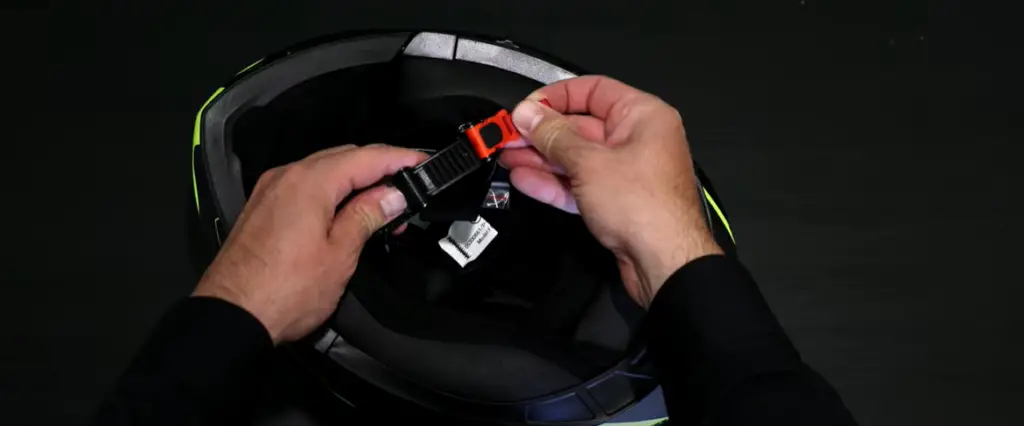
Illinois’s General Rule for Motorcycle Helmet Use
In Illinois, the law requires all motorcyclists and passengers to wear a helmet that meets the standards established by the Department of Transportation. All helmets must be securely fastened with a chin strap and have been tested and certified by the U.S. Department of Transportation (DOT). The use of a helmet containing speakers or any other sound-producing device is prohibited. [1]
Are There Exceptions to Illinois’s Helmet Law?
Yes, there are three exceptions to Illinois’s helmet law. Riders who are over the age of 18 and have either completed an approved motorcycle rider education course or have held a motorcycle license for at least one year may ride without a helmet. Additionally, passengers riding with someone who meets these two criteria may also ride without a helmet. [1]
Complying with Illinois’s Insurance Exception
In an effort to promote safety, the state of Illinois has implemented a helmet law that requires individuals riding on motorcycles and other motorized vehicles to wear helmets. However, there is an exception for those who have insurance coverage that meets certain requirements.
Insured riders must meet the following criteria in order to be exempt from wearing a helmet:
- The rider must be at least 18 years old.
- The rider must have valid liability insurance coverage that meets the minimum requirements of the Illinois motor vehicle and motorcycle laws.
- The insurance policy must include an endorsement or rider that provides for medical payments for injury resulting from a motorcycle accident. [2]
When Did Illinois Repeal Its Helmet Law?
In 2012, Illinois officially repealed the motorcycle helmet law. The legislation that abolished the requirement for motorcyclists to wear a helmet while riding on public roads was passed by the state General Assembly and signed into law by Governor Pat Quinn. As of January 1, 2013, riders in Illinois are no longer required to wear a helmet when operating a motorcycle on public roads.
However, while helmets are no longer required by law, they are still highly recommended by the Illinois Department of Transportation (IDOT). The department recommends that motorcyclists wear DOT approved helmets at all times and urges riders to be extra vigilant when out on the road. Furthermore, all passengers must wear a helmet in accordance with the new law. [2]
Is Illinois’s Helmet Law Constitutional?
The answer to this question is yes. The Illinois Supreme Court has determined that the state’s helmet law does not infringe on a motorcyclist’s constitutional rights. This means that motorcycle riders must obey all laws and regulations related to helmet use in order to avoid potential citations and fines for noncompliance.
It is important to note that the decision to wear a helmet is ultimately up to the rider, but once an individual chooses to ride without a helmet, they risk their safety and can be held liable should they get injured. Therefore, it is recommended that all motorcycle riders wear DOT-approved helmets while riding in Illinois as it provides them with added protection and peace of mind. [2]
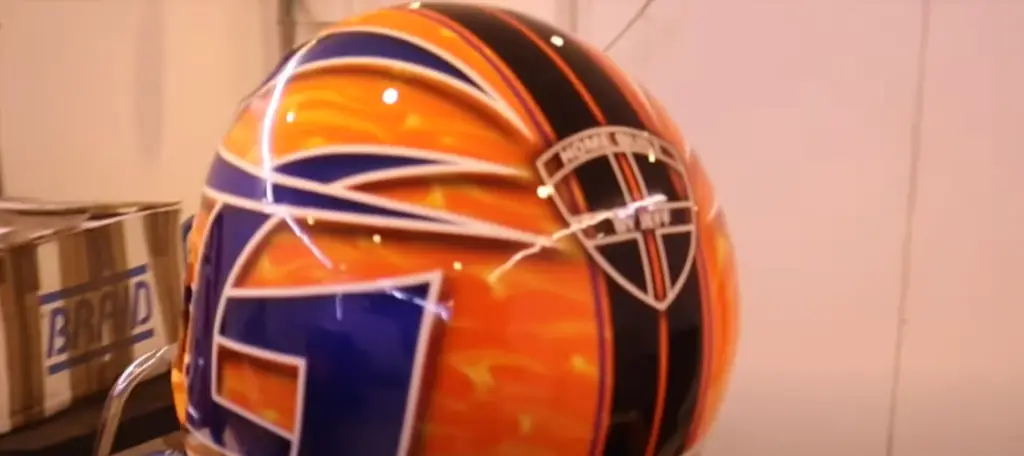
Is Eye Protection Required for Motorcyclists in Illinois?
In Illinois, eye protection is not a legal requirement for motorcyclists; however, it’s highly recommended. Eye protection can protect you from dust, wind and debris when riding. It can also reduce the risk of injury if you are involved in an accident. Wearing goggles or face shields while riding is always a good idea – especially if you’re riding in an area with a lot of trees or overhanging branches. Even if you don’t think eye protection is necessary, it’s always safer to wear some form of protection when riding. [1]
What Is the Penalty for Operating a Without a Helmet in Illinois?
The penalty for operating a motorcycle in Illinois without a helmet is quite severe. By law, if you are caught riding without a helmet, you can face fines of up to $1,000 and could even be sent to jail for up to six months. Even if you don’t end up going to jail, the fact remains that a conviction of riding without a helmet will remain on your permanent criminal record. This can have long-lasting implications, such as making it harder to get certain jobs or even insurance coverage. [3]
Illinois Helmet Laws and Car Accident Compensation
In addition to the helmet laws in Illinois, those who ride a motorcycle may also be eligible for compensation following a car accident. Depending on whether the driver is at fault or not, an individual may seek out legal assistance for compensation.
If you’re found to be at fault for an accident, you may still be able to qualify for property damage or medical costs, but you may not be eligible for loss of wages, pain and suffering, or any other damages.
If someone else is found to be at fault in a car accident and the motorcycle rider was wearing a helmet, it can have an impact on the amount of compensation that the rider receives. A helmet can help to protect you from head and neck injuries, which can be serious and often result in costly medical bills. Wearing a helmet may also show that the rider was practicing safe riding habits at the time of the crash. [3]
Comparative Negligence and Motorcycle Accidents
In Illinois, comparative negligence plays a crucial role in determining liability in motorcycle accidents. Comparative negligence means that the amount of blame each party involved has is taken into account when deciding who is liable for damages caused by the accident. In order for a motorcyclist to recover damages from another driver’s negligence, he/she must be able to prove that their own negligence was not the primary cause of the accident.
For example, if a motorcyclist is riding without a helmet and is hit by another driver who ran a red light, the motorcyclist’s lack of wearing a helmet could be considered contributory negligence. The other driver’s negligence in running the red light would be considered the main cause of the accident, but the motorcyclist’s negligence in not wearing a helmet could still reduce their total damages award. [3]
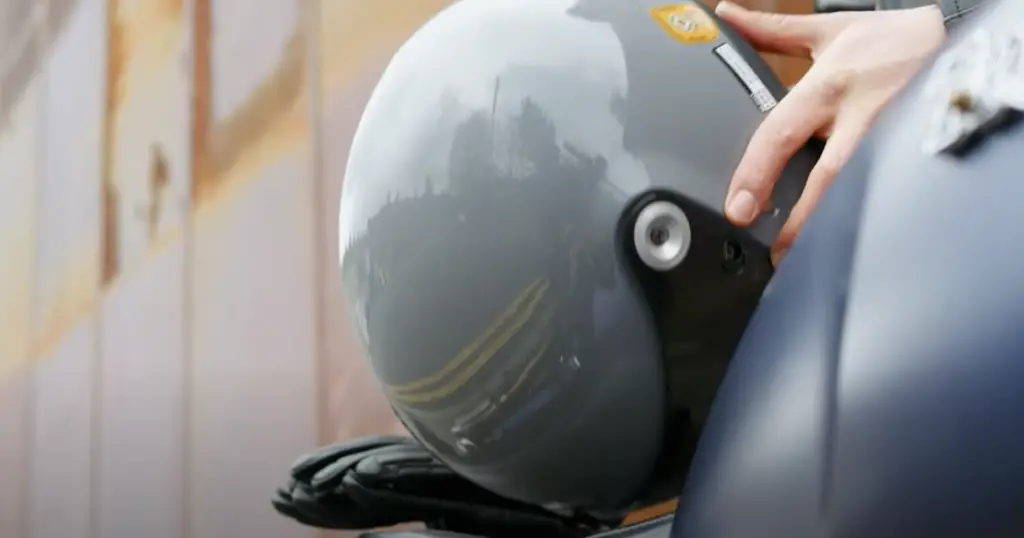
Not Wearing a Helmet and Claiming Compensation
If you have been injured in an accident while not wearing a helmet, it is possible to make a claim for compensation. However, this may be affected by whether or not the state of Illinois requires helmets.
In Illinois, there is no statewide mandatory helmet law; however, many cities and counties do have their own laws regarding bicycle helmets. In some areas, it is a requirement to wear one while cycling; in others, there are no rules regarding helmet use at all. Therefore, the laws on wearing helmets can vary depending on location. [1]
Do Motorcycle Helmets Save Lives?
The answer is yes! Wearing a helmet while riding a motorcycle or moped can significantly reduce the risk of death and serious injury. According to the National Highway Traffic Safety Administration (NHTSA), helmets are estimated to be 37 percent effective in preventing fatal injuries for motorcycle riders, and 41 percent effective for passengers.
Helmets also protect against traumatic brain injuries (TBIs) that can occur in a crash. Studies have shown that motorcycle drivers and passengers who don’t wear helmets are much more likely to die from head injuries than those who do. [2]
Reasons to Always Wear a Helmet
In addition to complying with the law, there are several other reasons why it’s important to wear a helmet while riding a motorcycle. Helmets protect riders from traumatic brain injuries, which can lead to severe disabilities or even death. A helmet also allows riders to better hear and avoid distractions like traffic noise that could cause an accident. Furthermore, wearing a helmet can prevent facial injuries from flying debris, such as stones or insects. Finally, helmets are often comfortable and provide riders with extra protection from road hazards like wind and rain. [2]
Enforcement of Illinois’s Helmet Law
Under Illinois law, motorcyclists under the age of 18 are required to wear a helmet at all times while riding. For adult riders (18 years or older), helmets are not mandatory unless they have been licensed for less than one year.
However, even if an adult rider is not legally required to wear a helmet in Illinois, it is strongly recommended that all motorcyclists wear a helmet. It is much easier to replace a helmet than to replace an injured head or brain. [2]
What You Need to Know About Helmet Laws for Children
Helmet laws for children in Illinois vary depending on the type of vehicle being operated. There are two types of helmet laws which apply to minors in the state: those that apply to motor vehicles, and those that pertain specifically to bicycles.
When it comes to motor vehicles, there is no law specifically requiring helmets for minors. However, the state does require that all passengers under the age of 8 must be secured in a properly installed car seat or booster seat, and this includes the wearing of a helmet if one is available. [2]
Vehicles to Which the Motorcycle Helmet Laws Do Not Apply
In Illinois, there is an exception to the compulsory motorcycle helmet law for certain vehicles. For instance, three-wheeled motorcycles that have been designed with both seating and a roll bar are not required to comply with the helmet law. Also, another exemption from the mandatory helmet rule applies to mopeds, which are defined as vehicles with a seat, a motor that produces no more than 2 horsepower, and a maximum speed of 25 miles per hour. [2]
What Is The Difference Between Certified And Non-Certified Helmets?
The main difference between certified and non-certified helmets is the safety standards that each helmet must pass in order to be legally sold. A certified helmet has undergone a series of tests to ensure it meets the guidelines and standards set by the US Department of Transportation, while a non-certified helmet may not have gone through such rigorous testing.
When shopping for a new helmet, always look for helmets that are Department of Transportation certified. This will ensure the helmet is made from materials and construction methods that can protect you in the event of an accident. It’s also important to make sure the helmet fits properly and keep it clean on a regular basis. [3]
Who Is Liable In A Motorcycle Accident?
When you are injured in a motorcycle accident, you have the right to seek compensation for your losses. However, determining who may be liable in such an incident can be complicated. The responsible party will depend on the circumstances of your crash and the state laws that apply.
In Illinois, there is no single “liable” party for an accident. In most cases, liability is shared between the two drivers involved in the crash. The driver at fault will usually be responsible for compensating any injured parties for their damages, including medical expenses, lost wages, and pain and suffering.
It is important to note that some states have contributory negligence laws which can limit or eliminate the amount of compensation you can receive if it is found that you were partially responsible for the accident. In Illinois, this rule does not apply. [3]

Is Choosing Not To Wear A Helmet Considered Negligence?
No, choosing not to wear a helmet is not considered negligence in Illinois. In fact, the state does not have any laws that require riders over the age of 16 to wear helmets when riding on public roads.
The only time that wearing a helmet is mandatory in the state of Illinois is if you are under 16 years old or are participating in a racing event. In both of these cases, riders must wear a helmet that meets the standards set by the Department of Transportation.
While riding without a helmet is not considered negligent behavior, it should still be avoided if possible. Riding with a helmet is one of the best ways to ensure you are protected from head injuries in case of an accident. Helmets can also help to reduce the severity of injuries if you are involved in a crash. [1]
Are Helmets Effective In Preventing Injuries?
Yes, helmets are effective in preventing injuries – and many studies have shown this to be true. The National Highway Traffic Safety Administration (NHTSA) estimates that helmets are 67% effective in preventing a serious brain injury during a crash. It is even more effective for children; the NHTSA states that helmets can reduce the risk of severe brain injury by up to 85%.
The Centers for Disease Control and Prevention (CDC) also states that helmets “can reduce the risk of head injuries by as much as 85%” and are particularly effective in preventing serious brain injuries. In addition, they can help protect your face, chin, and jaw from severe cuts or lacerations. [1]
Other Ways To Prevent Motorcycle Injuries
While wearing a helmet is the best way to protect yourself from serious head injuries in a motorcycle accident, there are other ways that riders can reduce their risk of injury.
First and foremost, motorcyclists should always drive defensively. Avoiding distractions like cell phones and loud music can help you stay focused on the road ahead. Additionally, make sure you’re always aware of your surroundings, anticipate what other drivers may do, and leave yourself enough time to react.
It’s also important for riders to stay up-to-date on motorcycle maintenance. Worn tires, loose brakes, and inadequate engine oil can all contribute to an accident if not addressed in a timely manner.
Finally, make sure to wear protective clothing and equipment when riding. Long-sleeved shirts, jeans, gloves, and close-toed shoes can all help minimize scrapes and bruises in the event of a crash. [1]
FAQ
Which US states have no helmet law?
There are three states in the US that do not have any helmet laws: Illinois, Iowa, and New Hampshire. In all other states, riders of all ages must wear helmets when operating a motorcycle.
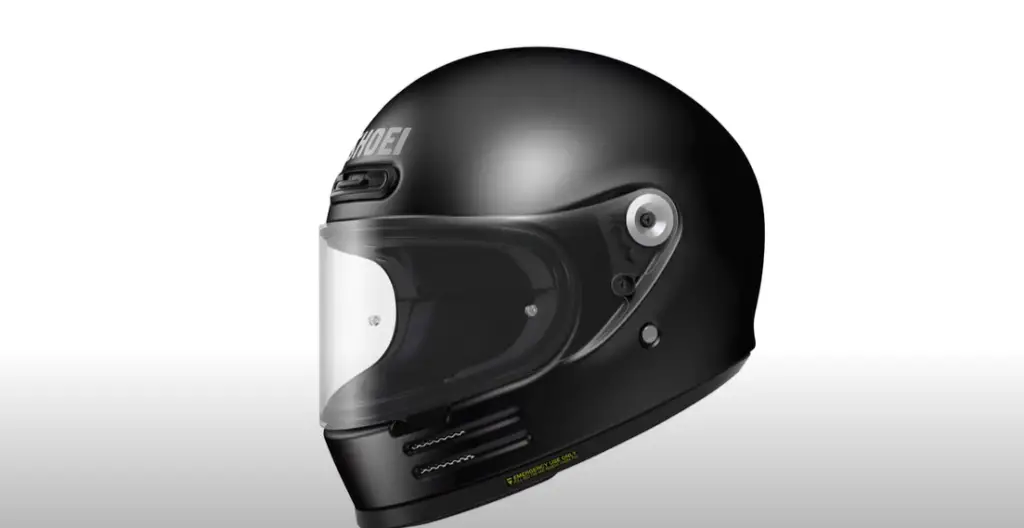
Did Illinois ever have a motorcycle helmet law?
Yes, prior to 2012 Illinois had a mandatory helmet law. This law was repealed in June 2012, making Illinois one of the only states with no helmet laws for motorcyclists.
How old do you have to be not to wear a helmet in Illinois?
All riders, regardless of age, are not required to wear helmets in Illinois.
Does Indiana have a helmet law?
Yes. Indiana requires all motorcyclists and passengers to wear a helmet unless they meet certain criteria, such as being at least 18 years of age and having passed an approved motorcycle safety course. The most recent version of the law can be found on the Indiana Department of Transportation website.
Is Texas A helmet Free state?
No, Texas does not have a helmet law. All motorcycle riders and passengers must wear an approved safety helmet in the state of Texas.
Useful Video: Illinois’ Motorcycle Helmet Law
Conclusion
The answer to the question, “Does Illinois have a helmet law?” is yes. All riders and passengers of non-motorized scooters must wear helmets that meet the state’s standards while operating their vehicles on public roads, pathways, and sidewalks. Additionally, all motorcycle operators and passengers must wear a DOT-approved helmet when operating a motorcycle on any public road, highway, or sidewalk in Illinois. Wearing a helmet not only helps to keep riders safe but is also legally required in the state of Illinois.
It’s important to remember that it’s not just about following the law; wearing a helmet can save lives in the event of an accident. We strongly encourage all riders to invest in a quality helmet that meets their needs and the state’s standards. With the right protective gear, you can enjoy your ride with peace of mind knowing that you’re well-protected while on the road. And, as always, stay safe out there!
We hope this article has been helpful in answering your questions about Illinois’ helmet law. If you have any additional questions, please do not hesitate to contact your local police department or the DMV for more information.
Happy Riding!
References:
- https://www.daveabels.com/motorcycle-helmet-laws-in-illinois-and-the-surrounding-states/
- https://www.gainsberglaw.com/practice-areas/motorcycle-accidents/helmet-laws/
- https://tpmblegal.com/motorcycle-helmet-laws-in-illinois/

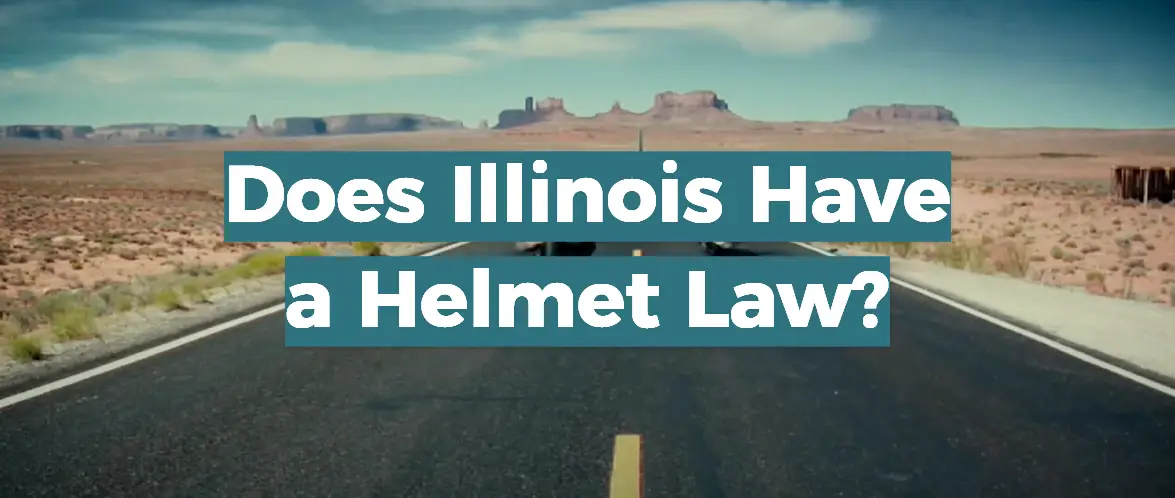
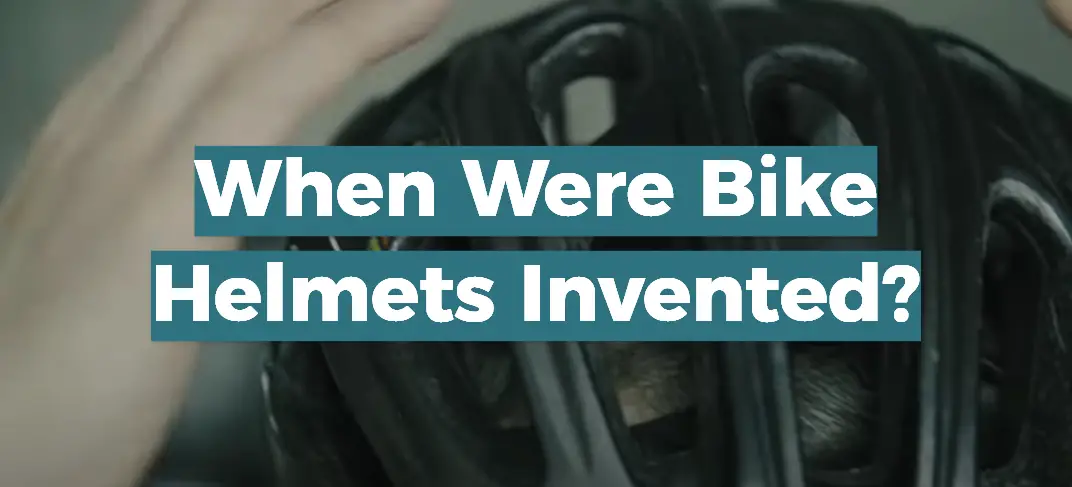
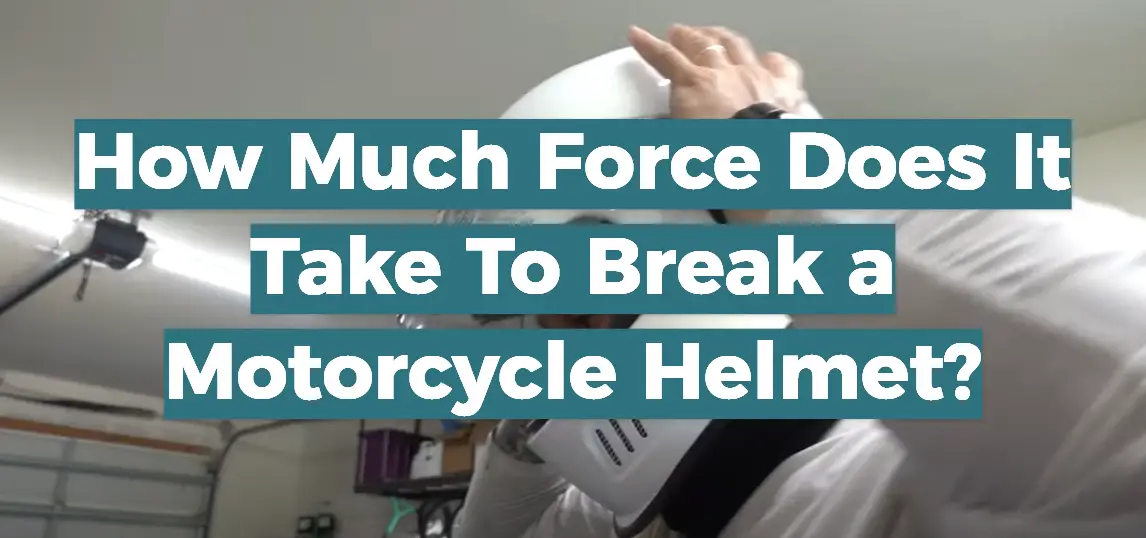

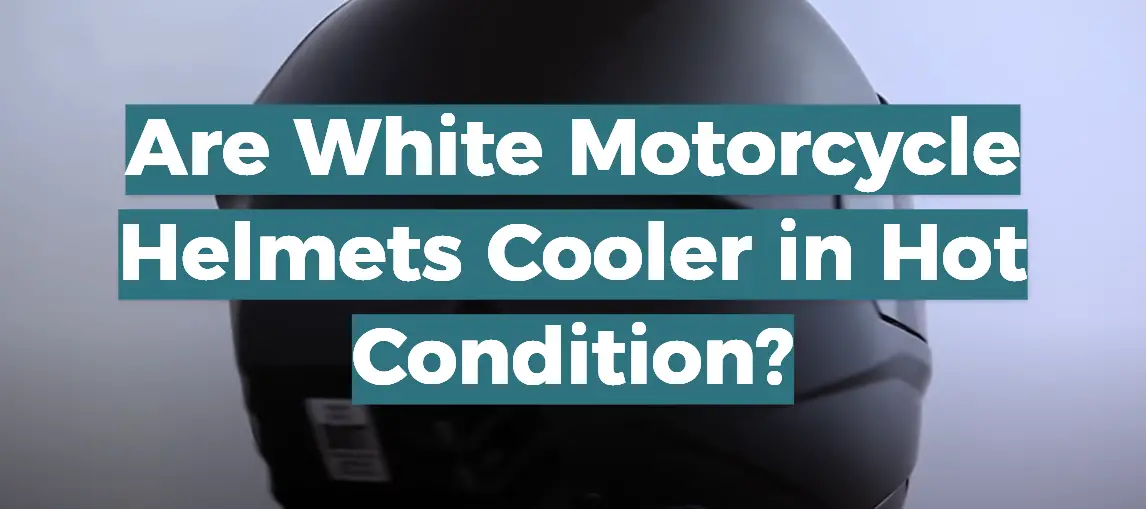
Leave a Reply